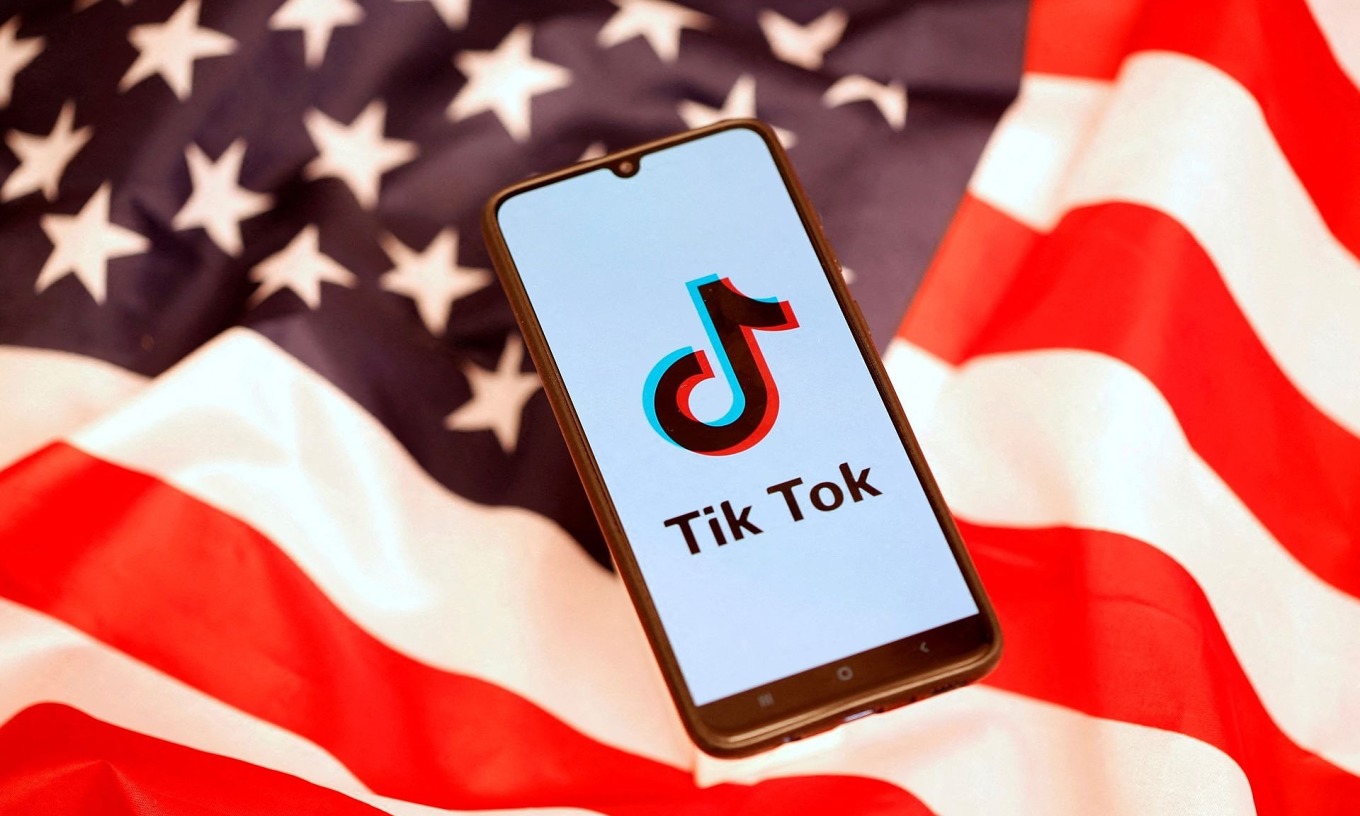Introduction
In a groundbreaking move, Montana Governor Greg Gianforte has signed a bill that bans the popular social media app TikTok in the state. This landmark decision marks the first state-level ban of its kind in the United States and has sparked both support and controversy. The implications of this ban on digital privacy, free speech, and the future of social media regulation are still unfolding. In this article, we will delve into the details of the ban, explore the motivations behind it, and analyze the potential consequences.
The Ban on TikTok in Montana
The bill, known as SB 419, prohibits mobile app stores from offering TikTok for download to users in Montana. This ban is set to take effect on January 1, 2024, and aims to address the technical and legal concerns associated with the app. It also includes potential fines for app stores that violate the ban, putting pressure on tech giants like Apple and Google to comply with the new legislation.
Governor Gianforte’s Motivations and Rationale
Governor Gianforte’s decision to sign this bill into law reflects his concerns over data privacy and his desire for stricter controls over social media platforms in the state. While the motivations behind the ban have not been fully disclosed, the Governor has expressed his intention to extend the ban to other social media apps as well. This indicates a broader movement towards increased regulation of digital platforms in Montana.
Mixed Responses and Implications
The ban on TikTok in Montana has elicited diverse responses from the public. Supporters argue that it is a necessary step to protect data privacy and national security, while critics view it as an infringement on free speech and individual liberties. The broader implications of this ban extend beyond Montana, as it raises questions about the role of state governments in regulating social media platforms and the potential for similar actions in other states or countries.
TikTok’s Response and Future Operations
At the time of writing, the response from TikTok and its parent company, ByteDance, to the Montana ban remains unclear. TikTok has faced scrutiny over data privacy concerns in various countries, but this ban represents a direct legislative action in the United States. The outcome of this situation could have significant implications for TikTok’s operations in the country and may shape the company’s approach to data privacy and security.
The Future of Social Media Regulation
Governor Gianforte’s decision to ban TikTok in Montana could serve as a catalyst for similar actions in other states or countries. As the first state in the U.S. to impose such a ban, Montana finds itself at the forefront of the ongoing debate surrounding data privacy, national security, and the regulation of foreign-owned social media platforms. Enforcing this ban, however, poses challenges and could lead to legal battles between the state and affected companies, ultimately shaping the future of social media regulation.
Conclusion
The ban on TikTok in Montana represents a significant milestone in the ongoing discussions about data privacy, tech regulation, and the power of social media platforms. While the ban is set to take effect in 2024, its impact on the broader social media landscape and the rights of individuals is yet to be fully understood. As the situation continues to evolve, it will be crucial to monitor the developments in Montana and their potential implications for social media regulation worldwide.

No comments! Be the first commenter?